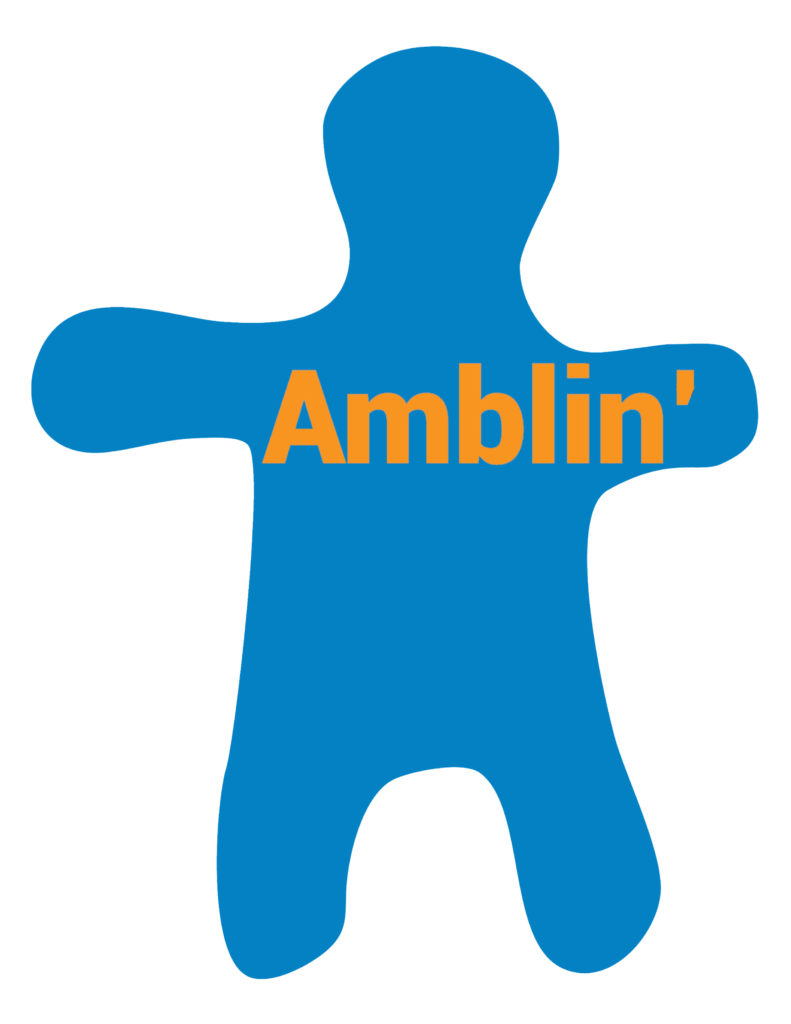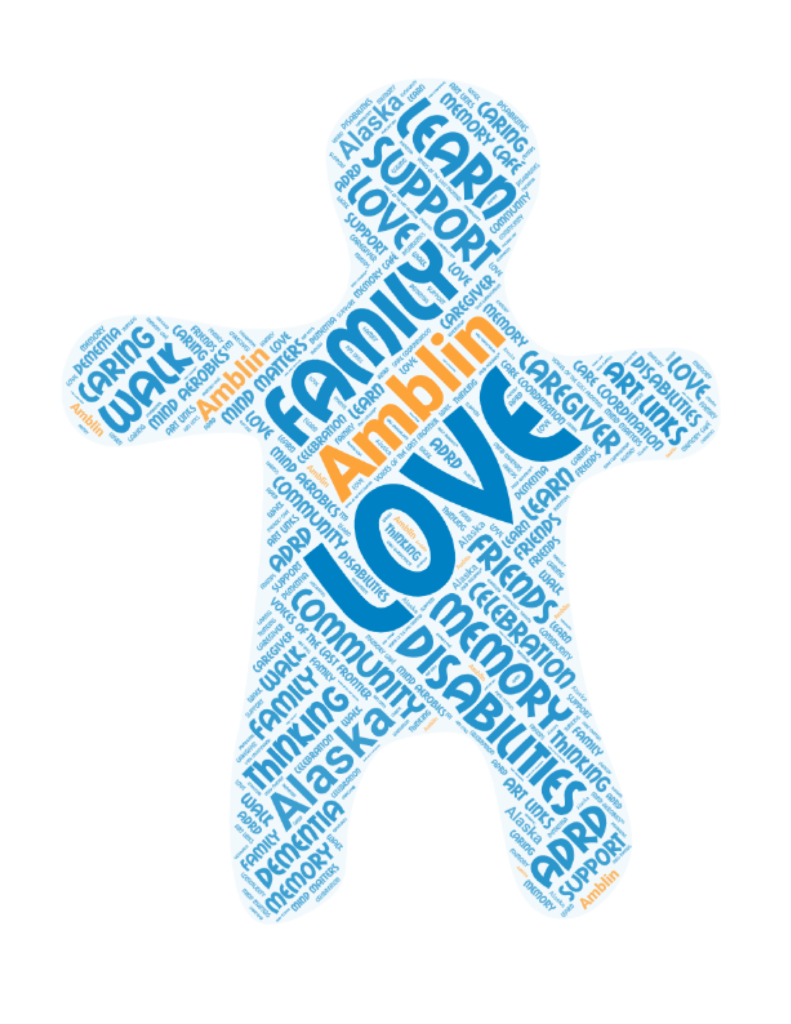Considering Assisted Living?
Some Answers For: When, Where and How?

Explore Your Options
Gather information
Although it may be difficult to acknowledge that your loved one can no longer be cared for at home, it’s never too early to explore assisted living home options.
At some point you may need more help to assist with personal care; may not have enough support in place; or have medical concerns that require the need for 24-hour care.
You can find information from:
- Online searching for assisted living homes in your town or nearest you
- Local senior centers
- Hospitals or your doctor
- Care coordinator
- Alzheimer’s Resource of Alaska
- Other agencies serving elders such as the Long-Term Care Ombudsman’s office, the VA, or the Aging and Disability Resource Center
Explore alternatives

To help your loved one remain at home for as long as possible, in-home service hours or adult day services can be added or increased. Some senior housing units are equipped with added safety features and even 24-hour staff. If 24-hour care is needed, is it possible to set it up at home or is it best obtained in an assisted living home?
Questions to consider:
- What kind of care is needed? Is insurance an option to cover any of the assistance needed?
- Is your home equipped to care for the person now and in the future?
- What support systems are already working well?
- Have you tried local community-based services first?
- What local resources are available? Is the person eligible for these resources?
- If there are no local resources, what is needed to assist your loved one to travel and get settled safely? Is there someone to escort them if needed?
- Have you talked with other family members to get their input?
- Do you have a back-up plan if things don’t work out?
Gain Consensus
If at all possible, try to involve your loved one, all concerned family members, and close friends in making the decision. If family members are not in agreement, it can hinder the person’s adjustment to any plan or facility.
Acknowledge Feelings
It is crucial to acknowledge whatever feelings your loved one expresses. Sadness and/or anger may be normal reactions to the anticipation of a move and loss of independence. If your loved one expresses sadness, perhaps crying, join them in sorrow. You may not need to do anything else.
If your loved one expresses anger, e.g. “I don’t want to move; I want to stay in my own home,” acknowledge these feelings by saying, “I know you don’t want to move” or “I know you wish you could stay in your own home.” This will help validate his/her feelings.
It can be difficult to listen to feelings of anger, especially if they seem directed at you. Remember that sadness and anger are normal and healthy responses. The more your loved one is able to express these feelings, the easier the adjustment will be. Allowing and listening to these feelings may help in the transition.
Team It

You can team with a sibling, spouse, another relative, and/or a friend. It is too stressful to try to do it all yourself especially if the plan is for assisted living home placement. You may need the mutual support and presence of being together with family members and friends.
Discuss your needs daily, along with the needs of your loved one. Reinforce your successes. Give each other verbal “pats on the back.” Recognize your own feelings and feelings of your loved ones, including sadness, frustration, and often exhaustion, both emotional and physical.
Do not judge each other’s feelings.
Reassure, Redirect and Educate
There may be increased concerns when considering a move to assisted living for someone who has dementia. Reassure with statements like “We love you and we’re here for you,” or “We’ll do everything we can to help make it easier.” Reassurance is what your loved one seems to need the most.
Redirecting is also effective as the feelings may be intense. If things are getting stressful distract your loved one with an activity, a change of room, or a snack.
Just as importantly make sure you, your family members, your loved one, and the staff at the assisted living home are educated about dementia, the progression of the disease, and the increased needs of people living with dementia as they age.
Alzheimer’s Resource of Alaska can assist in educating, planning, and supporting anyone considering assisted living.
Upcoming Classes
on assisted living homes
There are no upcoming events at this time
How we can help
- Individual and family consultations.
- Caregiver support groups by telephone or video conference (a great way to learn about local resources)
- Community Resource Guides or setup a consultation for further community referrals.
- Brochures and handouts
- Lending library and recommended books/videos/websites
- Educational programs, seminars and state-wide webinars on relieving stress for caregivers, family consultations, financial and legal planning, and Savvy Caregiving and more.
- Printable Fact Sheets
- Care coordination services
- Assistance to find respite services, chore services, or consumer-directed personal care attendant services.
- Mini-grant funds for items that will help your loved one
Related Resources
Alzheimer’s and Dementia Info Pages
- 10 Steps in Planning for the Future
- 10 Warning Signs
- About Alzheimer’s Disease
- About ADRD
- Activities for Adults with Dementia
- Assisted Living Homes
- Caregiver Checklist
- Combativeness
- Communication Tips
- Diagnosis
- Dining & Dementia
- Driving and Dementia
- Introducing Services
- Treatment & Medications
- Medications & Dementia
- Normal Aging vs. Alzheimer’s
- Prevention
- Strategies for Wandering
- Stages and Symptoms
- Talking with Children about Alzheimer’s
- Traveling with Alzheimer’s
 Make a Payment
Make a Payment



